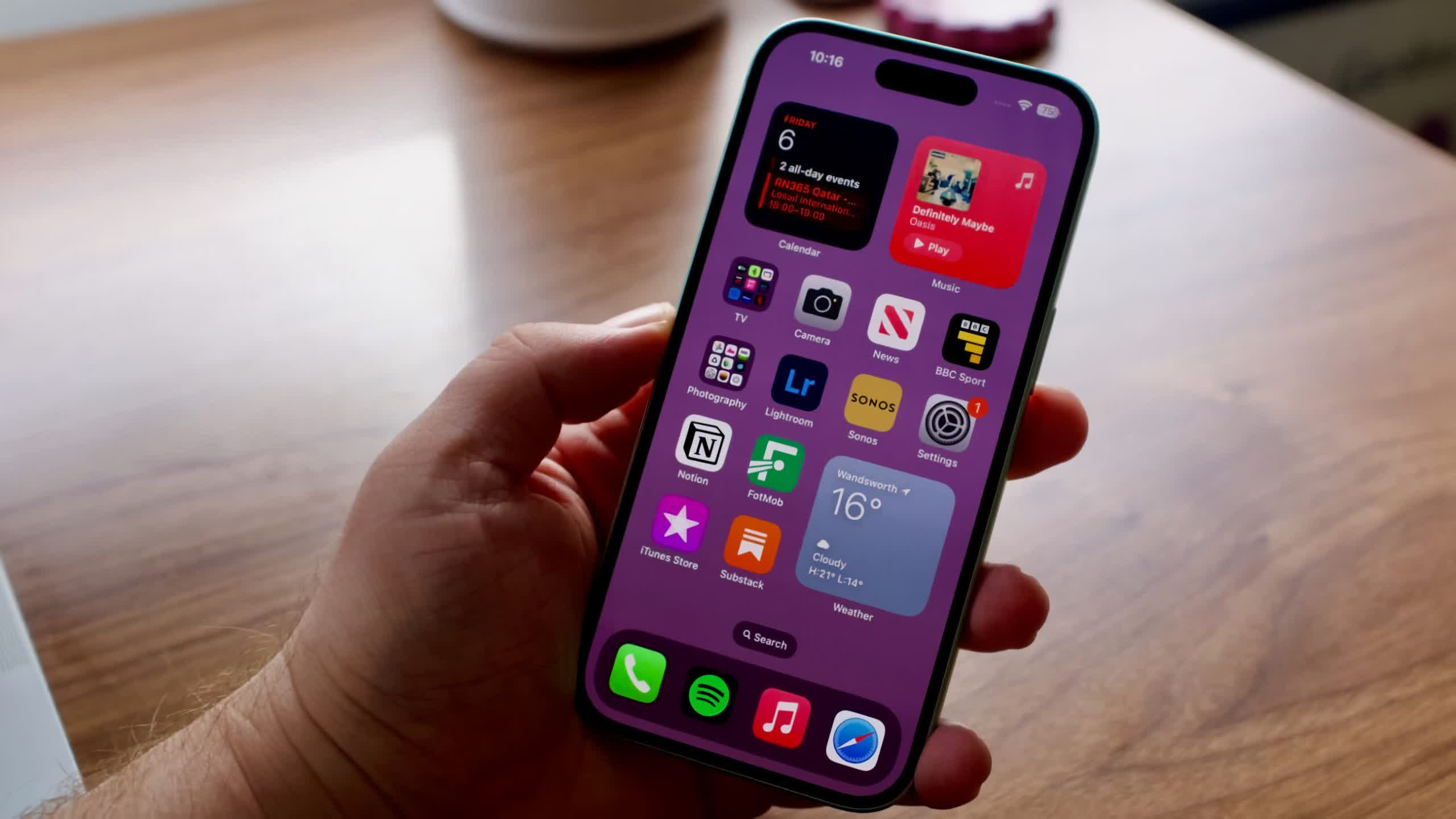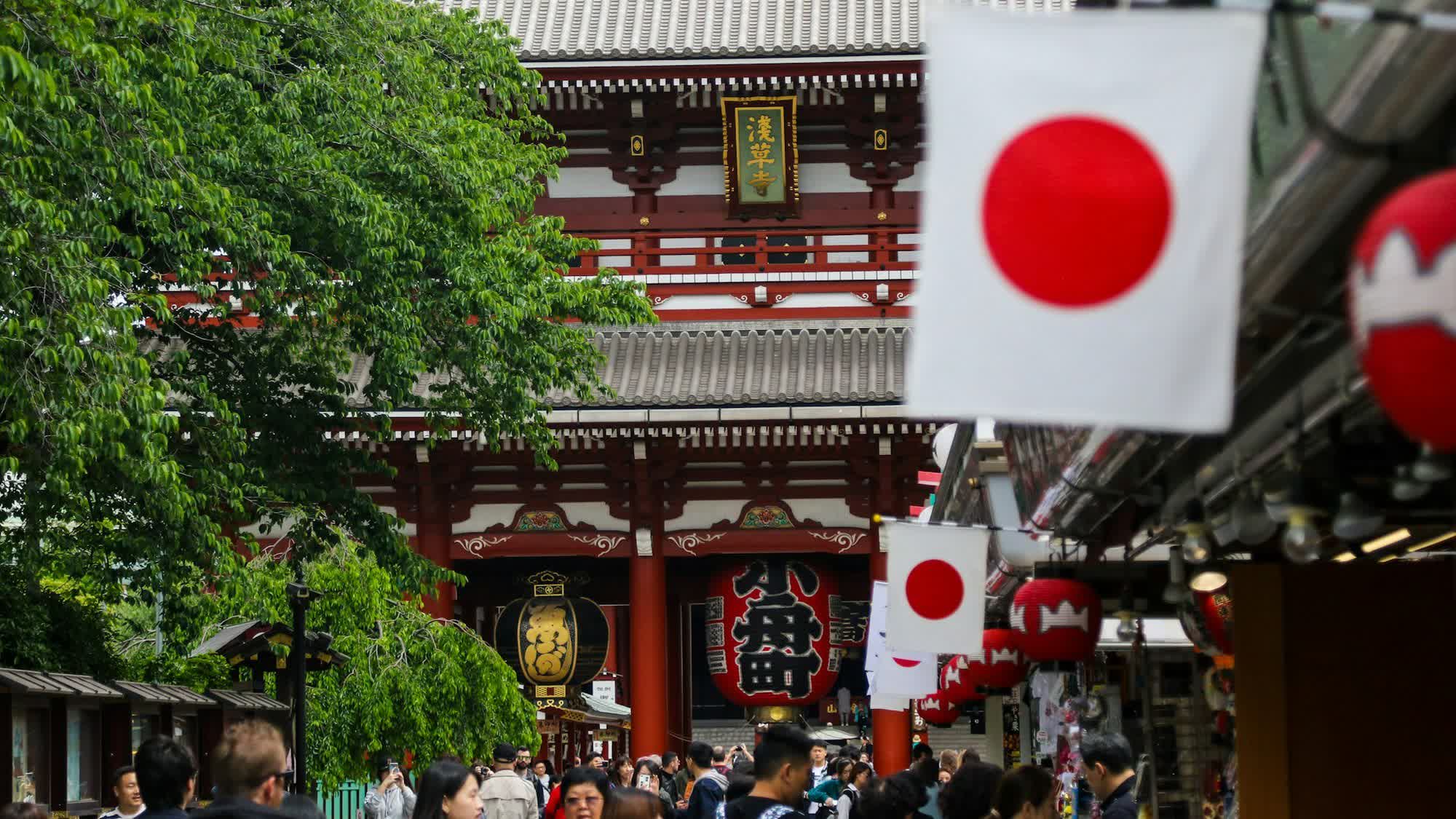In a nutshell: Japan's parliament has passed new legislation aimed at increasing competition in the tech industry by requiring companies like Apple and Google to allow third-party app stores on their platforms. This move follows the European Union's Digital Markets Act (DMA), which compelled Apple to permit alternative app distribution platforms on iOS in Europe.

Called the Smartphone Software Competition Promotion Act, the new Japanese law is similar to the DMA in that it prevents big tech companies like Google and Apple from creating app distribution monopolies by restricting third parties from selling apps on their platforms.
As reported by The Asahi Shimbun, the law also prohibits companies from giving preferential treatment to their own payment systems, ensuring that app developers and publishers can use any payment platform they choose. Additionally, the law states that tech companies cannot prioritize their own apps and services in search results.
Companies that fail to comply with the law will be subject to heavy fines, starting at 20 percent of their domestic revenues for the first offense. For repeat offenders, fines could increase to 30 percent of revenues, more than three times the penalty stipulated under Japan's current antitrust laws.

Following the new legislation, activists and industry lobbies opposed to the tech giants' monopolistic business practices have expressed hope that it will prevent companies like Apple and Google from hurting consumers by stifling competition.
In a statement, the executive director of The Coalition for App Fairness (CAF), a group that includes Apple critics like Epic Games, Spotify, and others, said that he expects the new law to grant the Japan Fair Trade Commission more authority to address the "harmful, anti-competitive practices of mobile app monopolists, Apple and Google."
Due to the duopoly of Android and iOS in the mobile space, Google and Apple have often attracted scrutiny from regulators both domestically and internationally. The EU has been at the forefront of the fight against monopolistic trade practices by big companies and has taken various steps to rein in errant operators.
One of the most notable antitrust legislations enacted by the union in recent years is the DMA, which designates large tech companies as "gatekeepers" and imposes special restrictions on them to protect consumers and ensure healthy competition. Companies affected by the legislation include Alphabet (Google's parent), Amazon, Apple, ByteDance (TikTok's parent), Meta (Facebook's parent), and Microsoft.
Japan passes new law allowing third-party app stores on Android and iOS